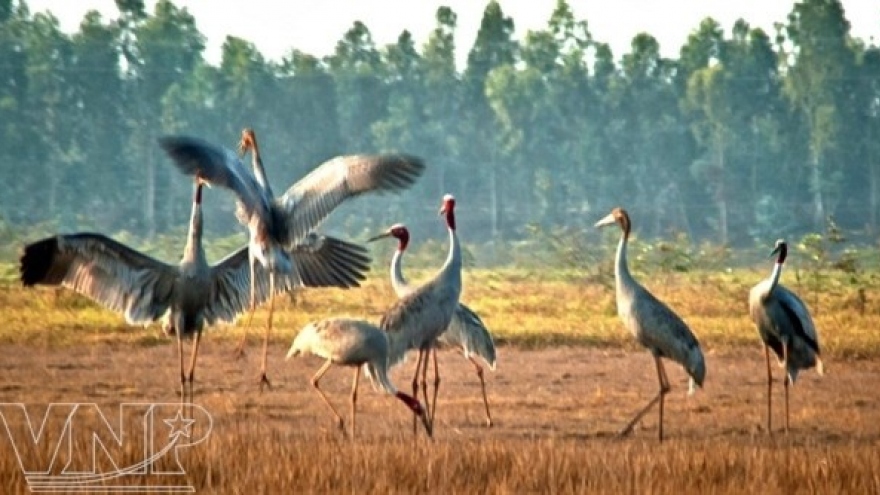Revised law should facilitate tourism’s transformation to key industry
Tourism should be developed into a spearhead industry, and thus it is necessary to amend the existing tourism law to remove obstacles for the sector’s growth, National Assembly (NA) deputies have said.
 |
Many deputies said although significant improvements have been made in tourism, that growth has yet to match the sector’s potential while new problems have emerged.
Deputy Pham Phu Quoc of Ho Chi Minh City said the revised law should be oriented towards the goal of turning tourism into a key sector of the economy. It needs to be updated with viewpoints, targets and strategic solutions for tourism development by 2020 with a view to 2030.
Van Thi Bach Tuyet, another deputy of HCM City, said rapid growth or profit in tourism should not be achieved at the cost of quality or toleration of foreign firms’ illegal activities.
She asked the drafting board to ensure a favourable and efficient legal framework for tourism development.
Regarding Article 32 on conditions for operating in travel-related business, some deputies said tourism is a conditional business line, and those who want to provide travel services must have license as it relates to diplomacy and national security. However, current regulations in the draft remain too simple.
If those regulations are not amended, anyone can open a travel company, which can complicate Vietnam’s tourism market. Meanwhile, there remain many problems which haven’t been solved thoroughly such as foreigners’ provision of tourism services under the name of Vietnamese people, or the imitation of travel brand names, deputy Tuyet said.
She urged that travel business conditions be tightened to ensure that tourism activities are under control.
Regulations on conditions for recognising a national tourism site also attracted attention from many deputies.
Deputy Quoc suggested the draft specify that a national tourism site can be recognised regardless of its ownership in order to encourage the private sector to invest in developing tourist attractions.
Deputy Tuyet did not support the stipulation that a tourism site must cover at least 1,000ha of land and welcome 500,000 visitors per year in order to be recognised a national site.
Instead, a national tourism site should be one with rich cultural and natural values which need to be preserved and promoted sustainably, she said.



